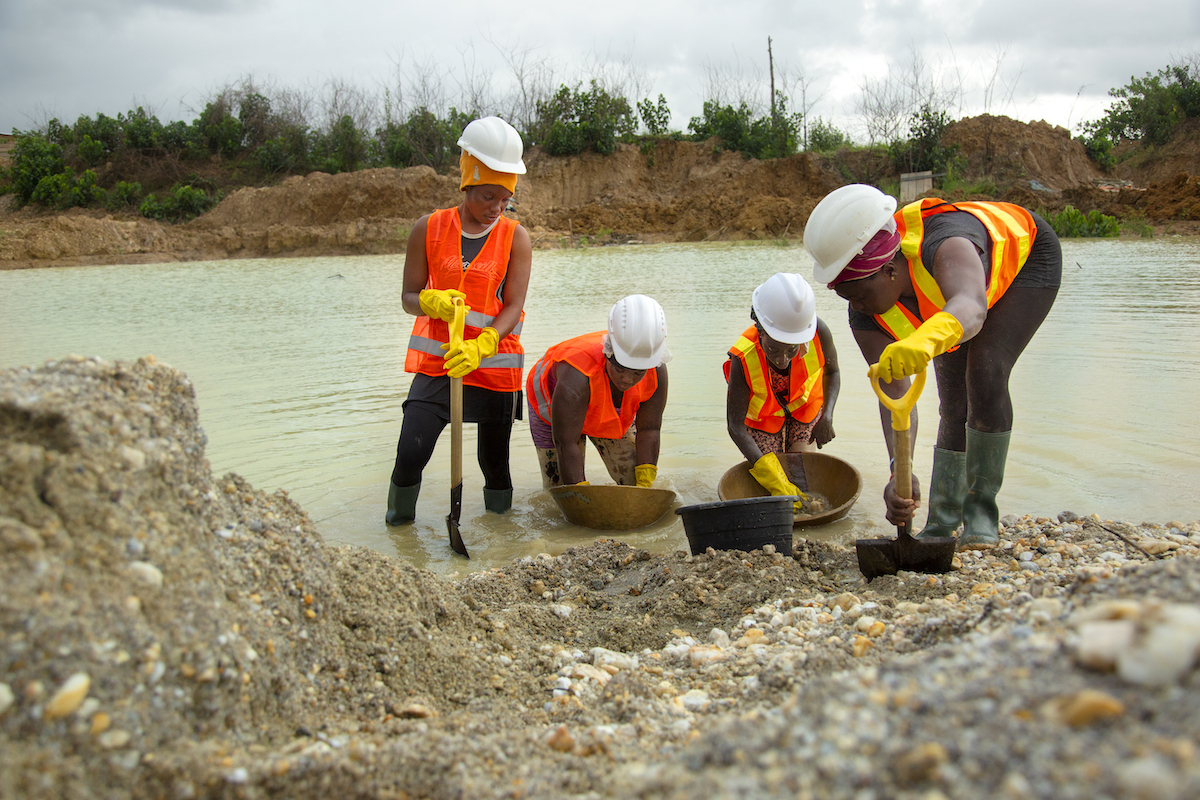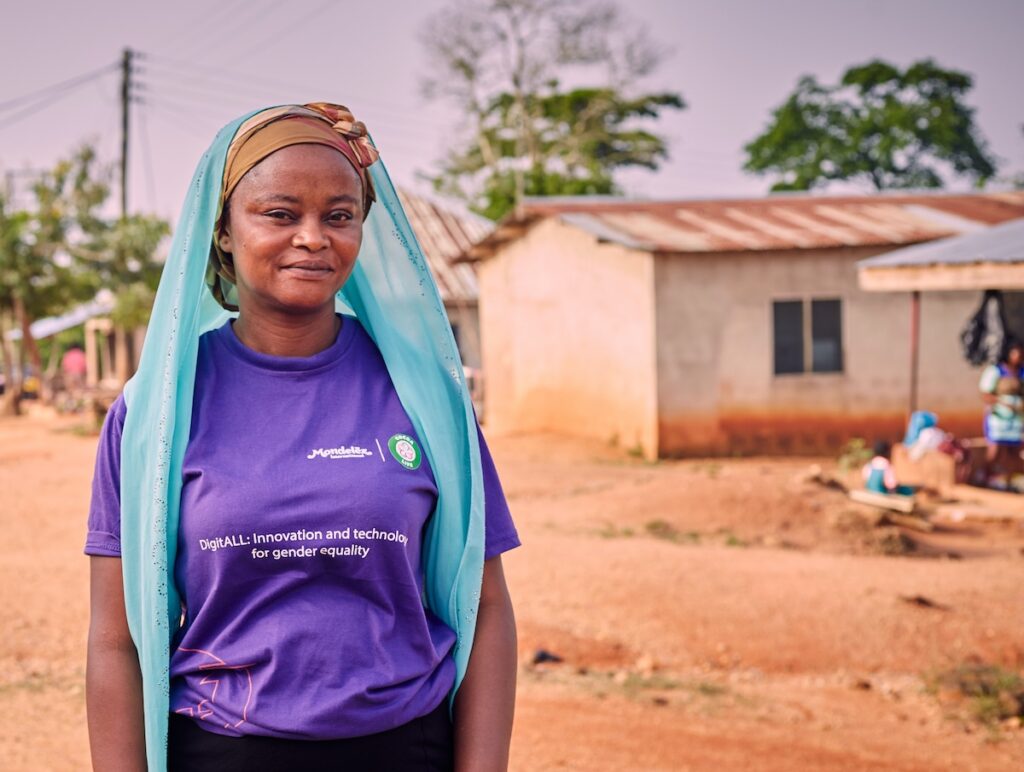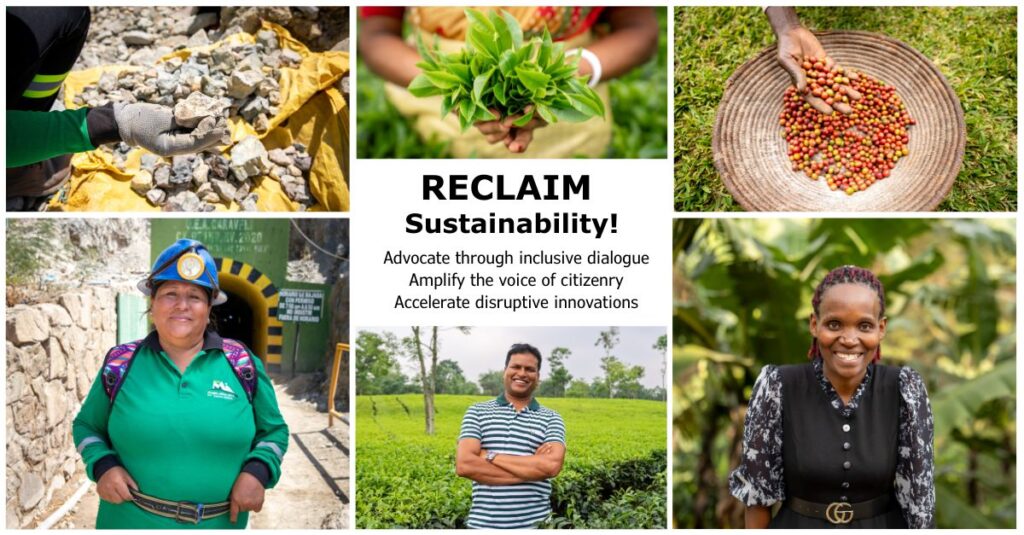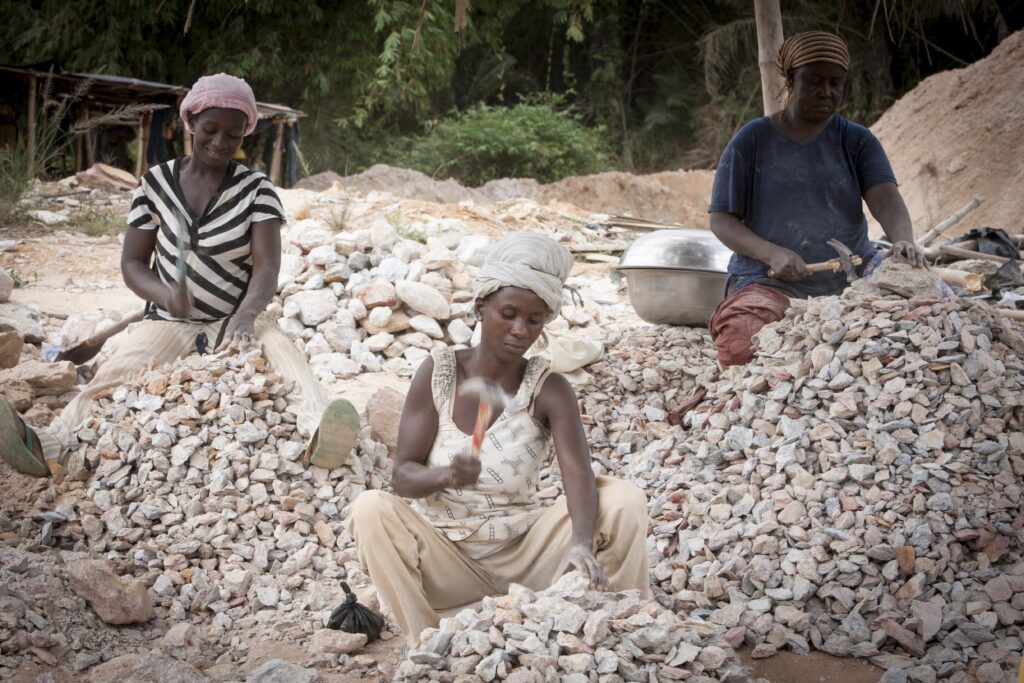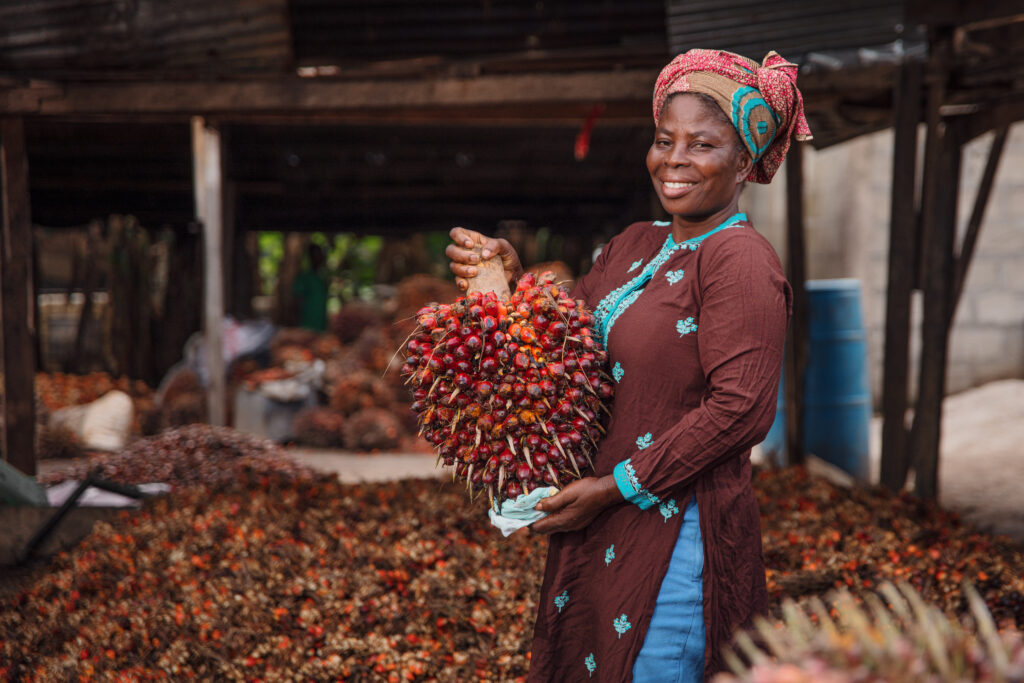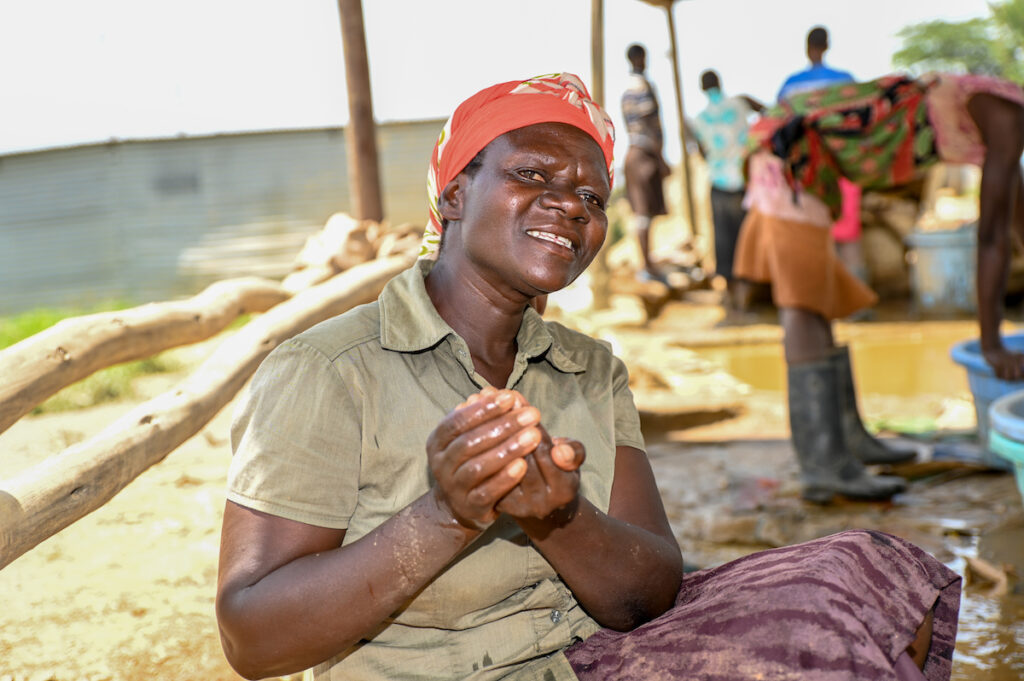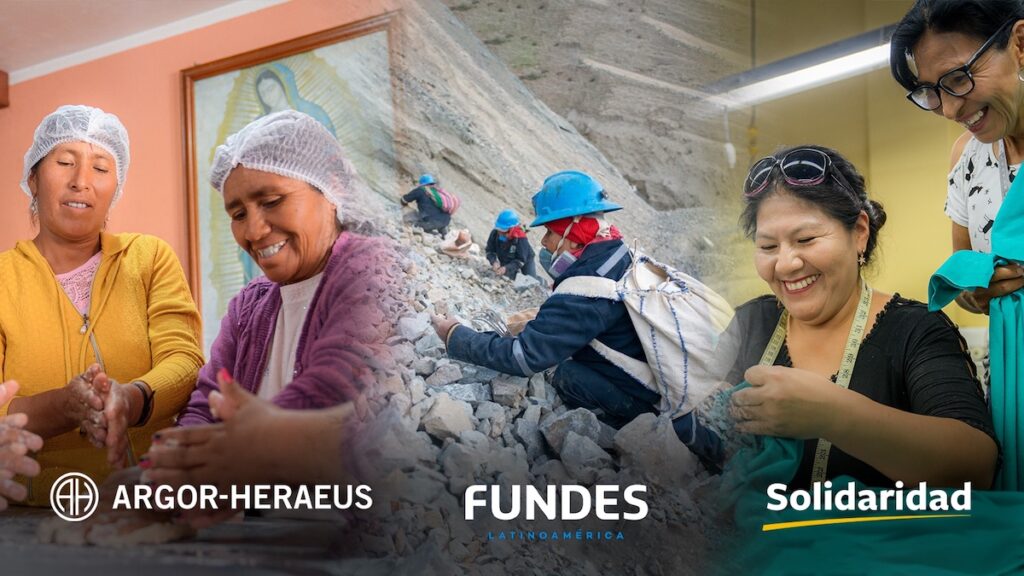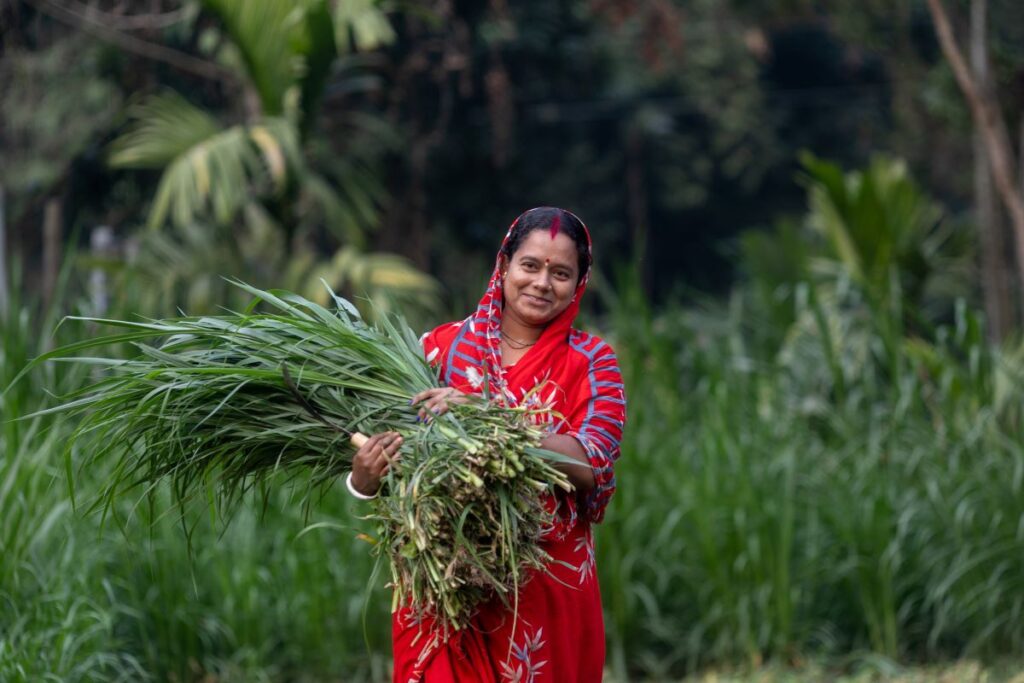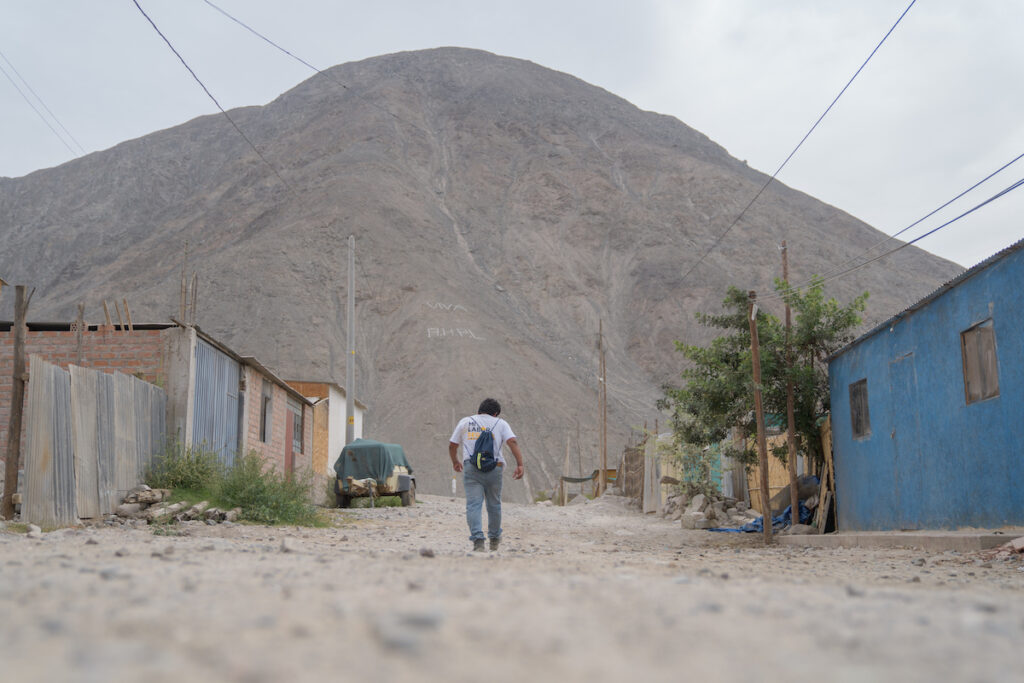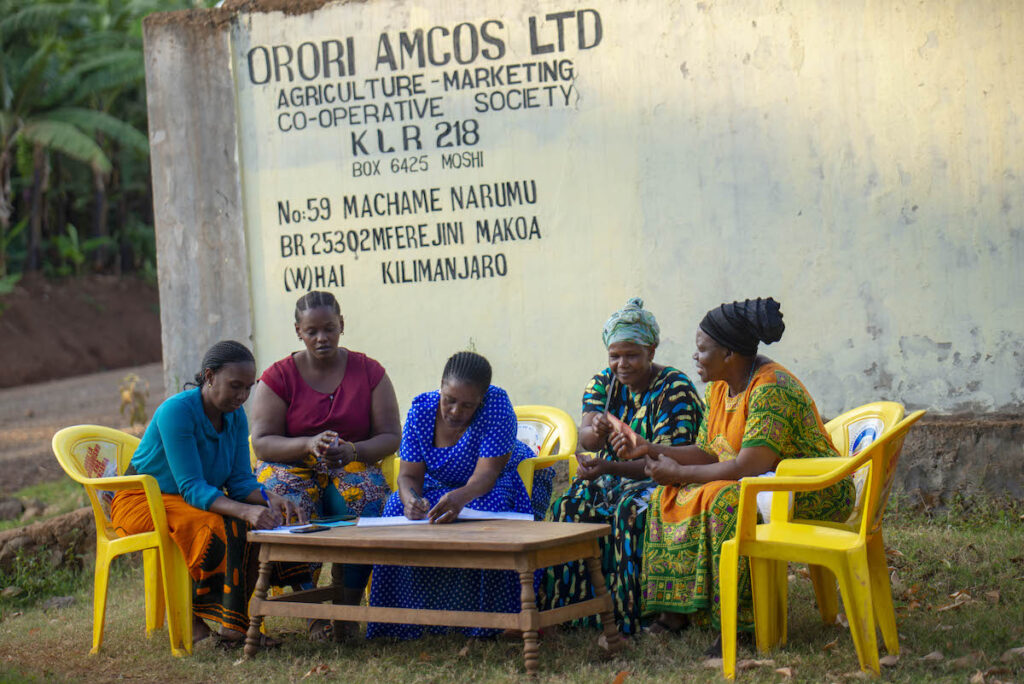The Ghanaian ASGM sector has over the years struggled with irresponsible use of mercury, unsafe working conditions and rampant environmental degradation.
The “Promoting Mercury-Free Mining in Ghana” (Pro-MFM) project is a three-year (2021-2023) initiative funded by the United States Department of State and implemented by Solidaridad and Pact. The aim of the intervention is to reduce the use of mercury in Ghana’s artisanal and small-scale gold mining sector through education, the introduction of better technology, strengthened equipment supply chains and demonstrating business incentives for mercury-free gold production.
To achieve this, Solidaridad and Pact are working with legally registered ASGM companies in the Western, Western North, and Ashanti regions, as well as a range of stakeholders including government agencies, gold traders, and mining communities.
To date, mercury abatement-related efforts in Ghana have largely focused on disseminating information about the negative impact of mercury. Even though this made miners, traders, and government actors become aware of the hazards of mercury, the mercury-free processing alternatives have been slow to take up because most of these technologies require huge investments and are perceived as more difficult to use.
Yaw Britwum Opoku, Programme Manager for Responsible Mining Programme, West Africa
He indicated that the initiative will demonstrate effective and scalable production of mercury-free gold.
Supporting Ghana to meet Minamata Convention on Mercury
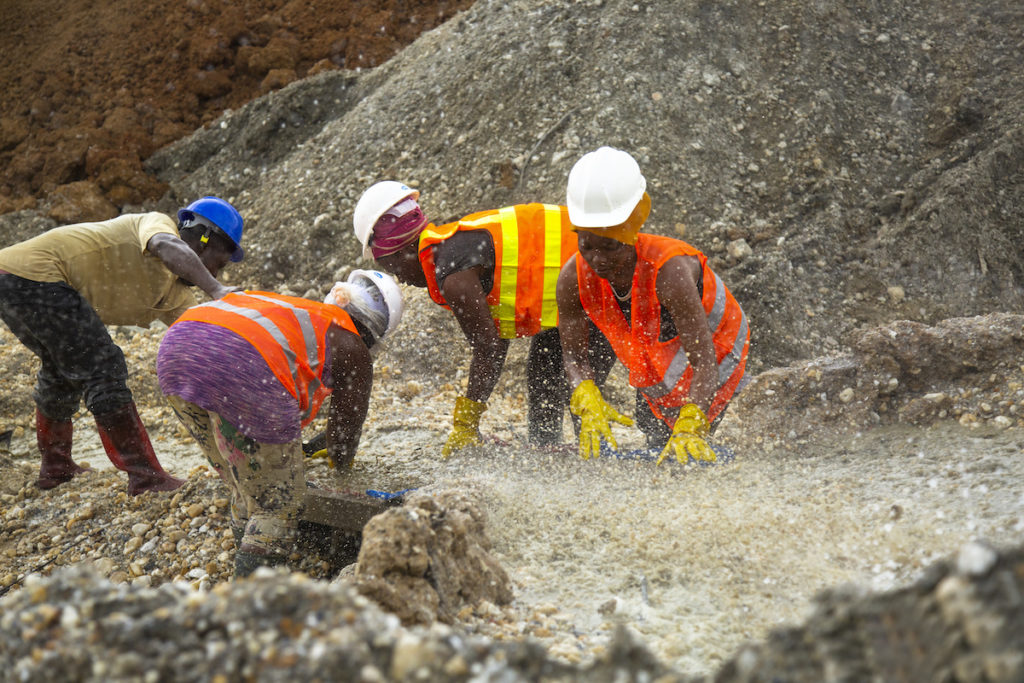
Additionally, the project will be supporting the implementation of the Government of Ghana’s National Action Plan, which has been developed to fulfil Ghana’s commitment to the Minamata Convention on Mercury.
In this regard, the intervention will strengthen stakeholder engagement directed at achieving Minamata Convention obligations and provide support to gold mining entities in understanding, testing and investing in mercury-free processing systems, which will be installed with technical oversight from the project to reduce the use and emission of mercury into the environment.
The initiative will also raise public awareness and build institutional capacity to achieve mercury-free ASGM.
Demonstrating the business case for mercury-free gold for adoption
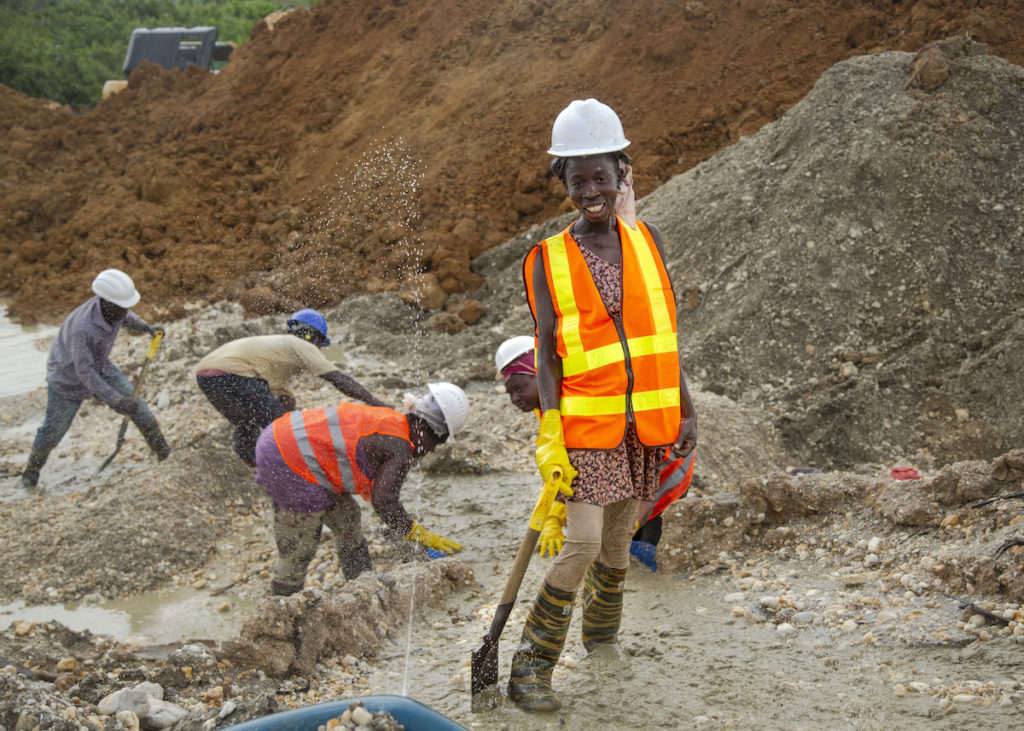
The Promoting Mercury-Free Mining in Ghana project will primarily emphasize and demonstrate the business case for technology change. By this, 20 artisanal and small-scale gold mining companies and key stakeholders will be sensitized and educated on mercury-free gold production, due diligence and ASGM formalization. The companies will be supported to develop business plans, using profitability analysis tools, in order to attract financing to procure and install mercury-free processing equipment on their mine sites. The will be empowering ASGM producers, traders and financiers to produce and sell responsible mercury-free gold.
Regarding sustainability, the project’s target is to demonstrate that processing mercury-free gold offers advantages in terms of increased profitability and access to markets for those adopting mercury-free methods. This business advantage, and ensuring equipment distributors and financiers are on board, will lead to sustainability in the Ghanaian ASGM sector.
Project Implementation
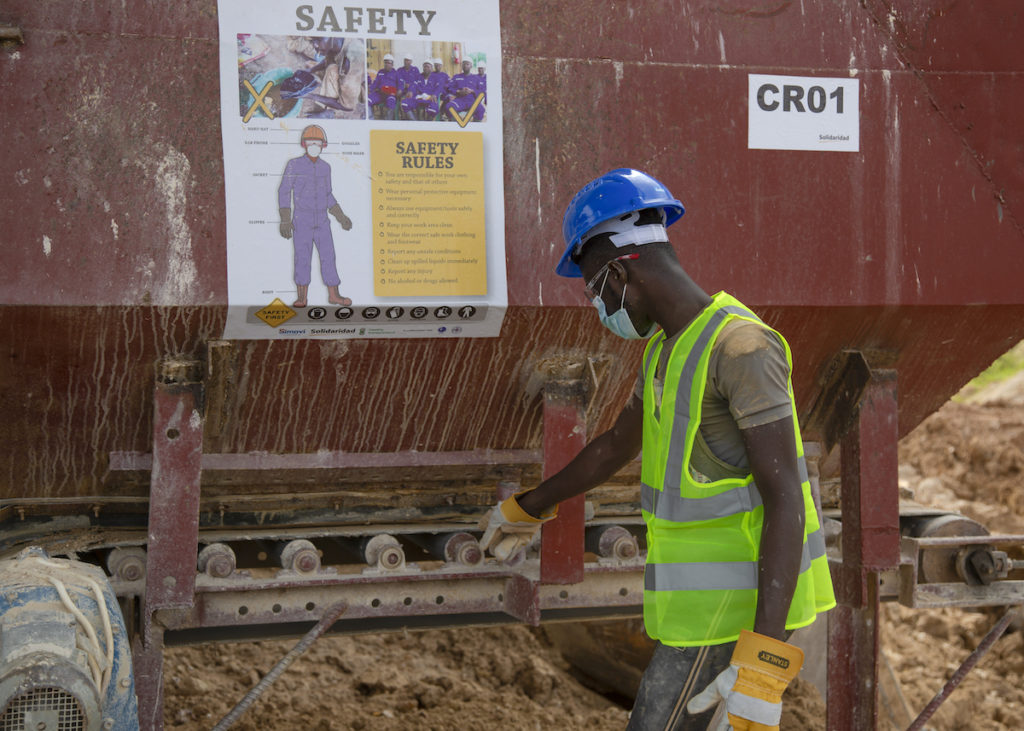
As part of the implementation of the project, Solidaridad and Pact organized a stakeholders inception workshop at Tarkwa, in the Western Region of Ghana to introduce the project to key artisanal and small-scale gold mining stakeholders and solicit their views in order to ensure inclusiveness and successful implementation.
The stakeholders who were present at the workshop included the US Embassy in Ghana, Minerals Commission, Environmental Protection Agency, Water Resources Commission and the University of Mines and Technology. Others were Mercury-free equipment suppliers, Municipal, Metropolitan and District Assemblies, project mines, Ghana National Association of Small-Scale Miners, Fund for Peace and the Media.

